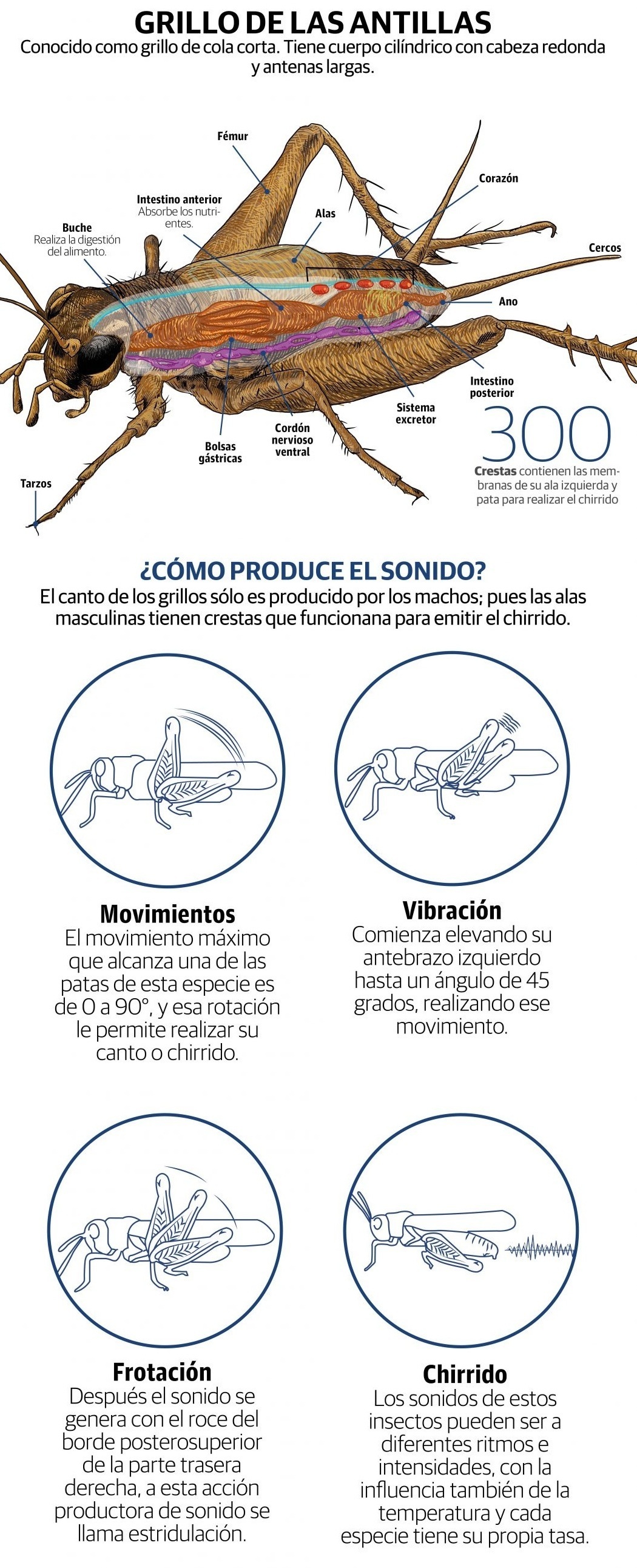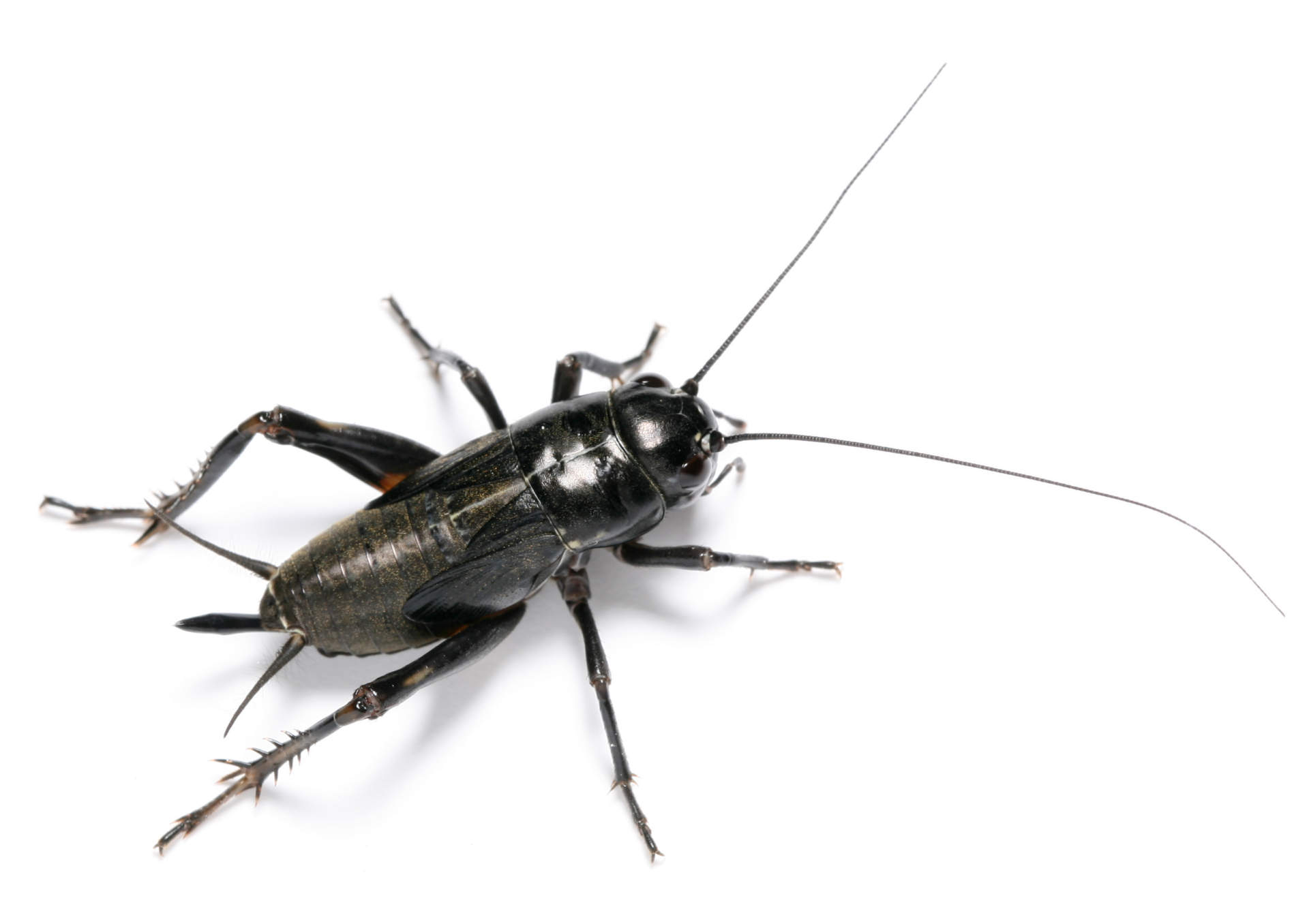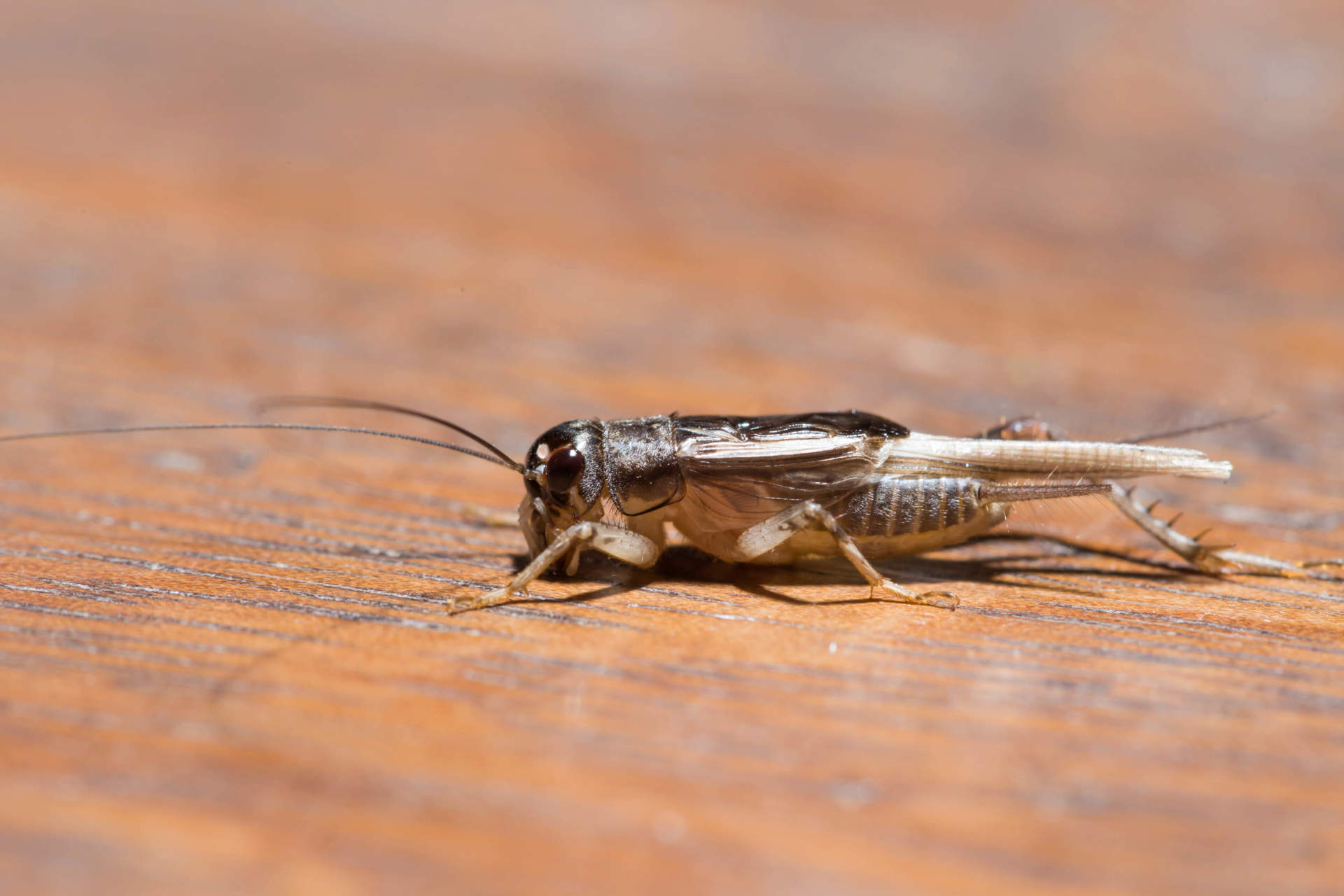In the vast tapestry of language, the precise translation of terms can be a bridge or a barrier to effective communication. For those seeking to accurately convey the concept of “crickets” in Spanish, a comprehensive understanding of the appropriate term is essential.
When navigating the complexities of cross-cultural communication, linguistic nuances can pose significant challenges. The true essence of a word, encompassing its cultural context and subtle meanings, can be easily lost in translation. For those seeking to effectively communicate in Spanish, mastering the correct term for “crickets” is paramount.
The Spanish term for “crickets” is “grillos.” This term precisely captures the distinctive chirping sound produced by these insects, a sound that has been woven into the fabric of human experience for centuries.
Effective communication hinges upon the ability to convey precise meanings across linguistic boundaries. Mastering the correct translation for “crickets” not only facilitates accurate communication but also demonstrates cultural sensitivity and a deep respect for the nuances of language.
Descubriendo El Término Español Para Los Grillos: Traducción Precisa Para La Comunicación Efectiva

Técnicas de Comunicación Escrita y Expresión Oral | Universidad de – Source www.utadeo.edu.co
It was a warm summer evening when I found myself in the company of a group of Spanish-speaking friends. As we sat around a campfire, the chirping of crickets filled the air. I turned to my friends and asked, “What do you call these insects in Spanish?”
Their response was immediate and unanimous: “Grillos.” I had stumbled upon the precise translation for “crickets,” a term that perfectly captured the unique sound these insects produce.
Descubriendo El Término Español Para Los Grillos: Traducción Precisa Para La Comunicación Efectiva

Identificación y control de los grillos – Source www.gardentech.com
The term “grillos” is derived from the Latin word “grillire,” which means “to chirp.” This etymology provides a deep understanding of the connection between the sound produced by crickets and the Spanish term used to describe them.
The chirping of crickets has long been a part of human experience, inspiring poets, musicians, and storytellers throughout history. In Spanish-speaking cultures, the sound of “grillos” evokes a sense of nostalgia and connection to the natural world.
Descubriendo El Término Español Para Los Grillos: Historia Y Mito

MUSICOTECA ALAY: LOS GRILLOS – LOS GRILLOS VOL.1 (1968) C33 – Source musicotecaalay.blogspot.com
The history of the term “grillos” is intertwined with the myths and legends of Spanish-speaking cultures. In some traditions, crickets are believed to possess magical powers, while in others, they are seen as symbols of good luck or prosperity.
One of the most famous myths involving crickets is the story of “El Grillo Cantor.” This tale tells of a cricket who, despite his small size, possesses a powerful voice that can enchant all who hear it.
Descubriendo El Término Español Para Los Grillos: Secretos Ocultos
![llᐈ ¿Cuál es el Mejor Insecticida para Grillos? [Tipos que Funcionan] llᐈ ¿Cuál es el Mejor Insecticida para Grillos? [Tipos que Funcionan]](https://insectogrillo.com/grillouploads/2021/07/piqsels.com-id-fdzca-1-scaled.jpg)
llᐈ ¿Cuál es el Mejor Insecticida para Grillos? [Tipos que Funcionan] – Source insectogrillo.com
Beyond their chirping and cultural significance, crickets also hold some hidden secrets. For example, did you know that crickets have the ability to jump up to 20 times their body length?
Another fascinating fact about crickets is that they are capable of changing their color to match their surroundings. This ability provides them with an effective camouflage against predators.
Descubriendo El Término Español Para Los Grillos: Recomendación

El grillo del que todos hablan (+Infografías) (+Audio) (+Video) – Source www.cubahora.cu
If you are looking for a way to immerse yourself in the Spanish language and culture, consider reading poems or stories that feature the term “grillos.” This will not only help you improve your vocabulary but also provide you with a deeper understanding of the cultural significance of these insects.
Another great way to learn more about “grillos” is to visit a Spanish-speaking country during the summer months. This will give you the opportunity to hear the chirping of crickets firsthand and experience the cultural traditions associated with these insects.
Descubriendo El Término Español Para Los Grillos Y Su Uso En La Vida Diaria

Identificación y control de los grillos – Source www.gardentech.com
The term “grillos” is widely used in Spanish-speaking countries, both formally and informally. In formal settings, it may be used in scientific texts or literary works. In informal settings, it is commonly used in everyday conversation and storytelling.
For example, you might hear someone say, “Anoche, los grillos cantaban en el jardín.” (Last night, the crickets were singing in the garden.)
Descubriendo El Término Español Para Los Grillos: Consejos

Identificación y control de los grillos – Source www.gardentech.com
Here are a few tips to help you use the term “grillos” correctly in your Spanish conversations:
1. Pronounce the word correctly. The Spanish pronunciation of “grillos” is “ghee-yos.”
2. Use the correct plural form. The plural form of “grillo” is “grillos.”
3. Use the term in the appropriate context. The term “grillos” is typically used in a positive or neutral context.
Descubriendo El Término Español Para Los Grillos En Canciones Populares

Los secretos de la comunicación efectiva. | Grandes Pymes – Source www.grandespymes.com.ar
The term “grillos” frequently appears in Spanish-language popular music. For example, the song “El Grillo” by the Mexican singer-songwriter Juan Gabriel tells the story of a cricket who falls in love with a beautiful woman.
Another example is the song “Canta Grillo Canta” by the Spanish singer-songwriter Joan Manuel Serrat. This song uses the cricket’s chirping as a metaphor for the human voice.
Descubriendo El Término Español Para Los Grillos: Datos Divertidos

ella es Comunismo exposición grillos para vencejos Borrar Alfombra de – Source mappingmemories.ca
Here are a few fun facts about crickets:
1. Crickets are cold-blooded animals, meaning that their body temperature is regulated by their surroundings.
2. Crickets have a lifespan of about 100 days.
3. Crickets are a source of food for many animals, including birds, reptiles, and mammals.
Descubriendo El Término Español Para Los Grillos: Cómo

Infografía – Tipos de comunicaciÛn ComunicaciÛn efectiva: Es la que – Source www.studocu.com
If you want to learn more about crickets, there are many resources available. You can read books, articles, or websites about crickets. You can also visit a zoo or natural history museum to see crickets in person.
Another way to learn more about crickets is to raise them as pets. Crickets are relatively easy to care for, and they can be a fun and educational experience for children.
Descubriendo El Término Español Para Los Grillos: ¿Qué Pasa Si?
1. Use a dictionary or online translator.
2. Ask a native Spanish speaker for help.
3. Describe the insect in Spanish using other words.
Descubriendo El Término Español Para Los Grillos: Lista
- Grillo: Cricket
- Grillo campestre: Field cricket
- Grillo doméstico: House cricket
- Grillo de árbol: Tree cricket
Preguntas y Respuestas
1. ¿Cuál es el término español para “crickets”?
El término español para “crickets” es “grillos.”
2. ¿Qué significa la palabra “grillo” en español?
La palabra “grillo” significa “cricket” en español.
3. ¿Cómo se pronuncia la palabra “grillo” en español?
La palabra “grillo” se pronuncia “ghee-yos” en español.
4. ¿Cuál es el plural de la palabra “grillo” en español?
El plural de la palabra “grillo” es “grillos” en español.
Conclusión de Descubriendo El Término Español Para Los Grillos: Traducción Precisa Para La Comunicación Efectiva
Dominar la traducción precisa del término “crickets” al español es esencial para la comunicación efectiva. El término “grillos” no solo transmite el sonido característico de estos insectos, sino que también está profundamente arraigado en la cultura e historia de las comunidades hispanohablantes. Al incorporar este término en sus interacciones, no solo mejorará su fluidez lingüística sino que también demostrará respeto por la riqueza y diversidad del idioma español.